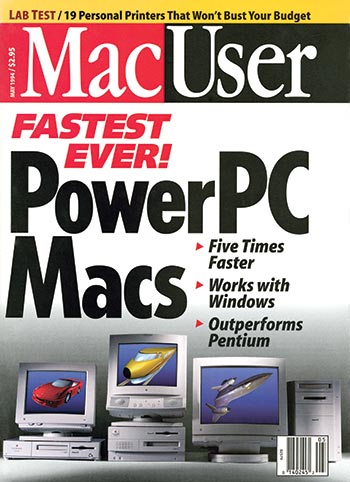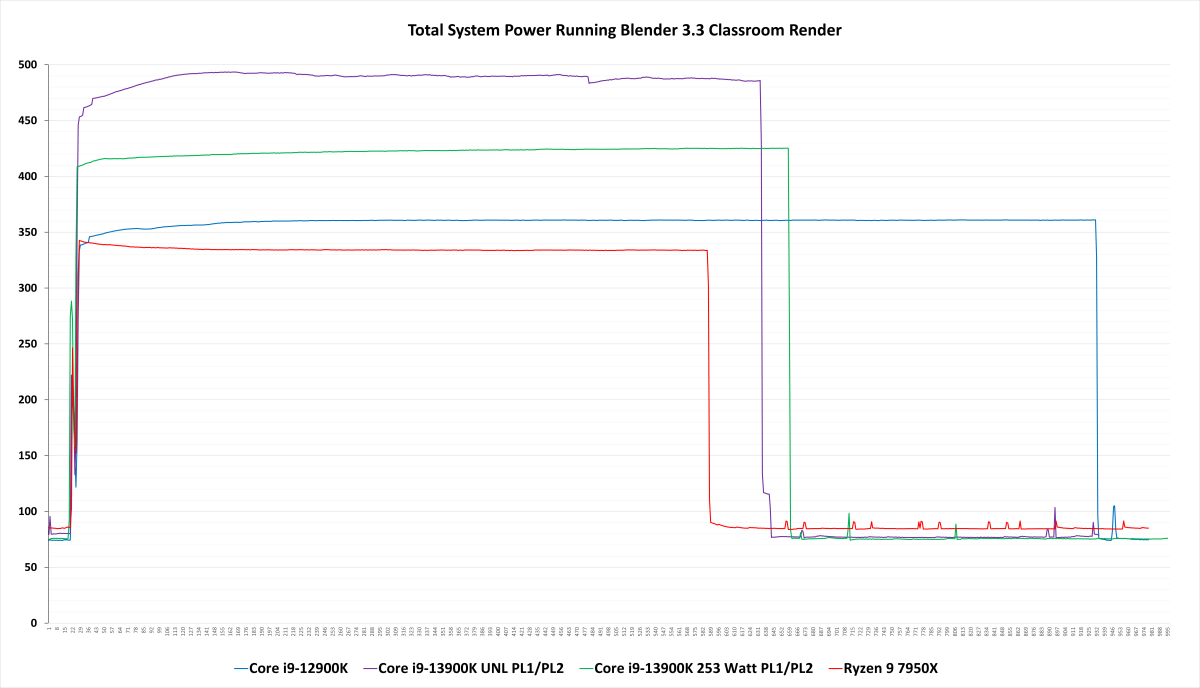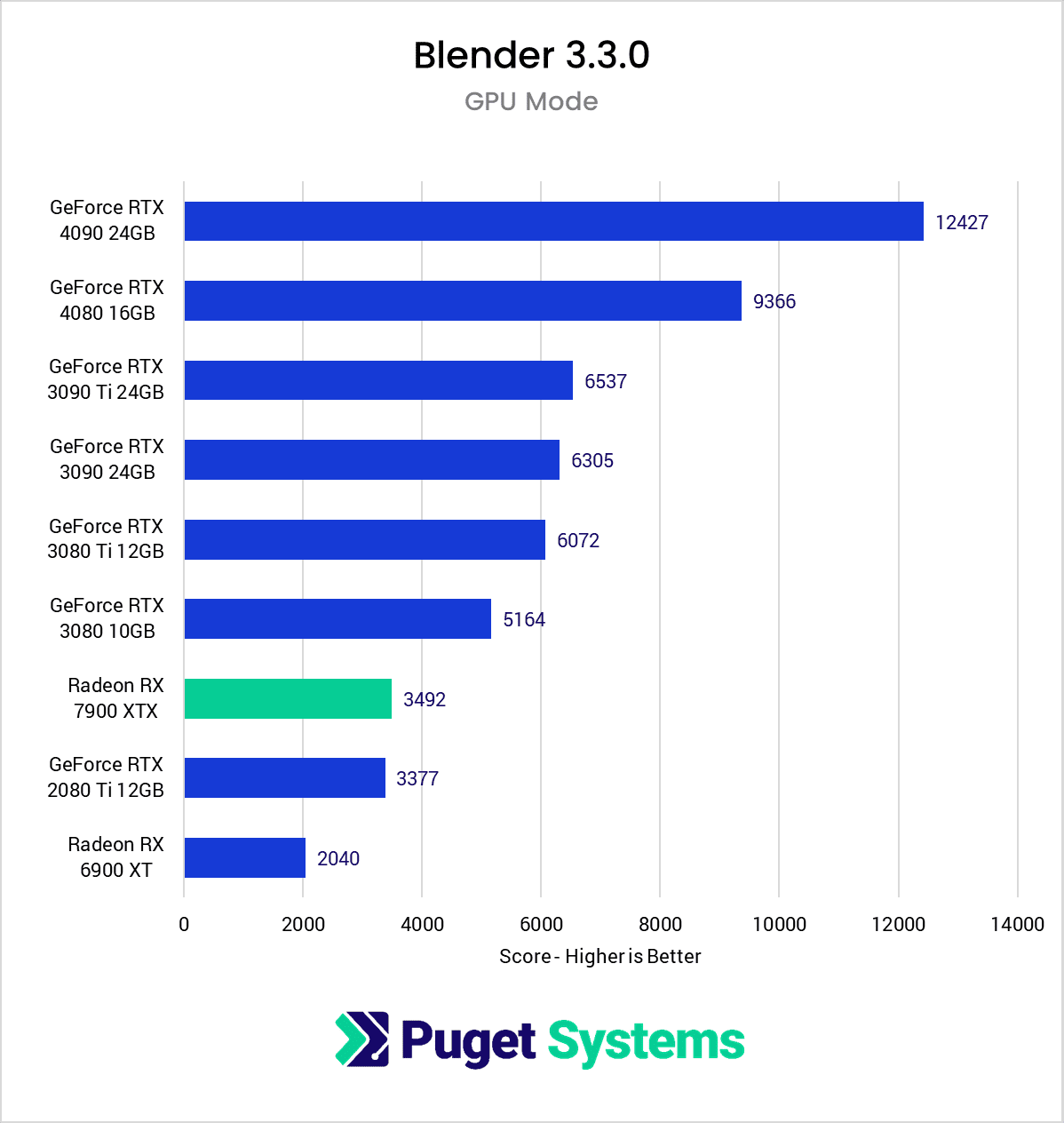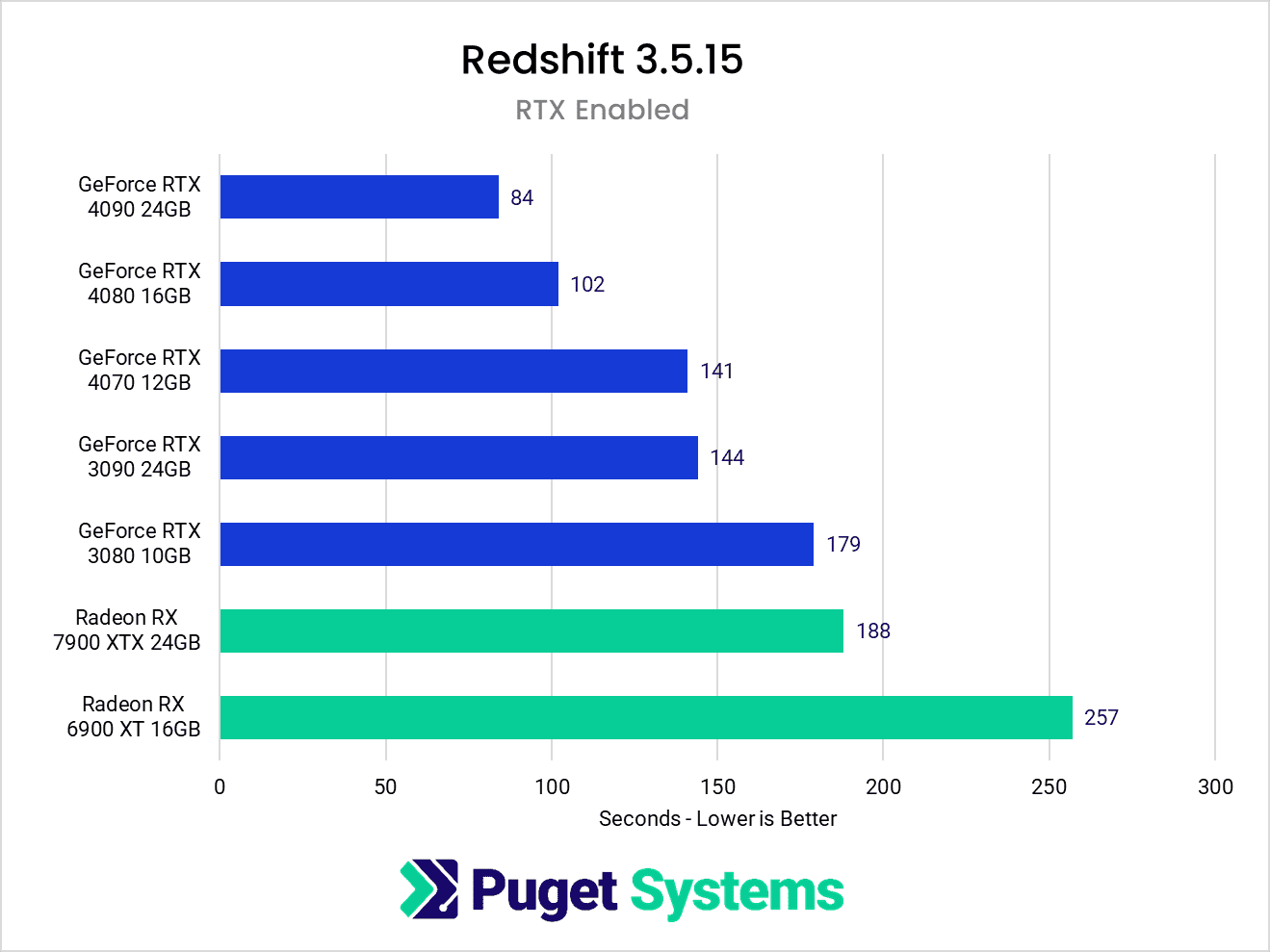Zarathustra[H]
Extremely [H]
- Joined
- Oct 29, 2000
- Messages
- 39,004
Sure, Apple's M1 and M2 are pretty cool, but where do Apples claimed performance numbers come from anyway?
Linus tackles this:
Marketers will, uh, Marketeer I guess.
Not usually a fan of Linus, but I have to admit, this is a decent expose.
He does give Apple high marks for power use though, which is well deserved.
Linus tackles this:
Marketers will, uh, Marketeer I guess.
Not usually a fan of Linus, but I have to admit, this is a decent expose.
He does give Apple high marks for power use though, which is well deserved.
![[H]ard|Forum](/styles/hardforum/xenforo/logo_dark.png)



